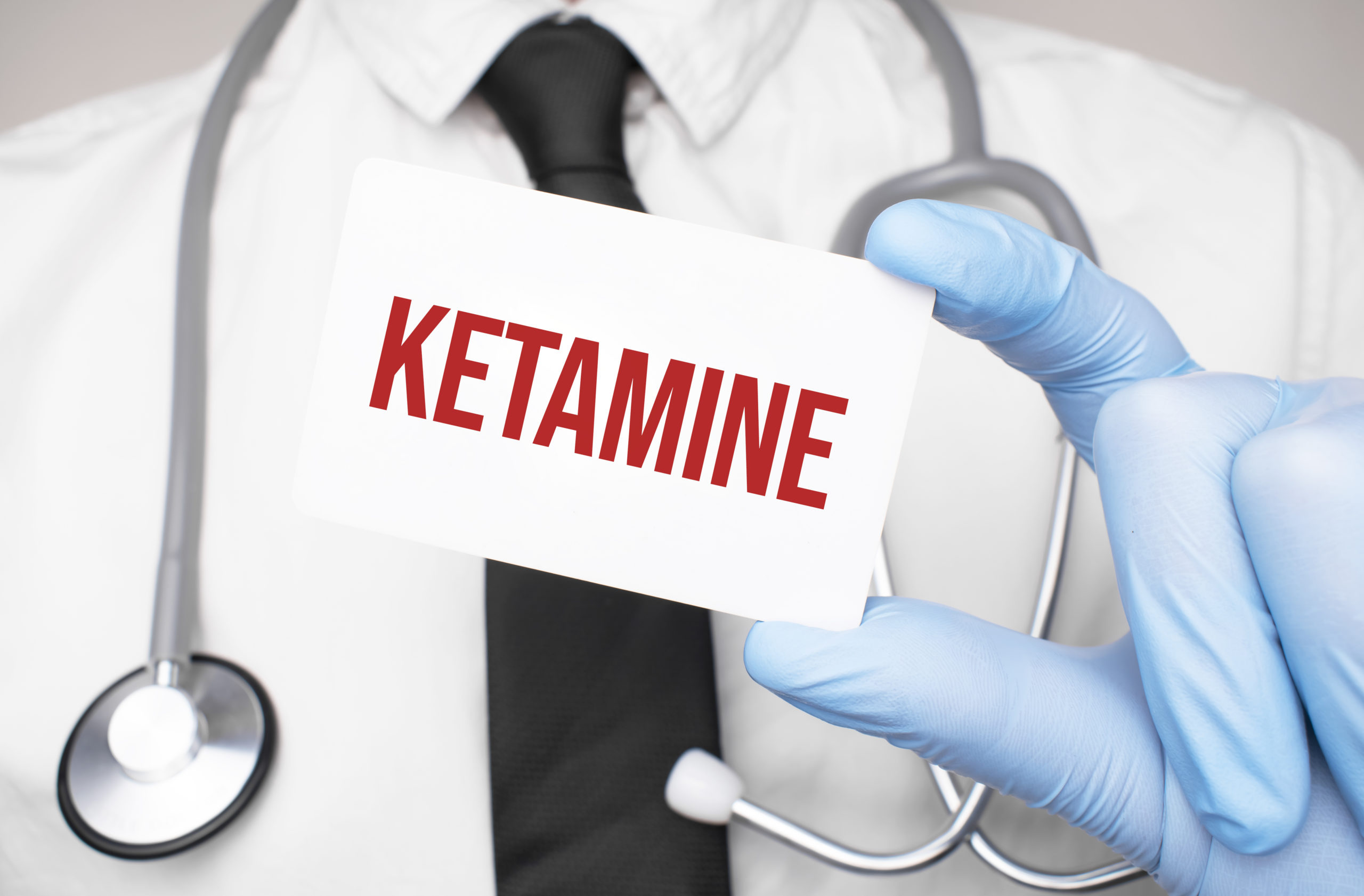KETAMINE TREATMENT AND RELAPSE
Ketamine is a drug of abuse and is classified as a short-acting (30-60 minutes) dissociative anesthetic with hallucinogenic effects. It is known as a “club” drug and is popular among teens and young adults. It distorts perceptions of sight and sound and makes the user feel disconnected and not in control. Street names of ketamine include Cat Tranquilizer, Cat Valium, Jet K, Kit Kat, Purple, Special K, Special La Coke, Super Acid, Super K, and Vitamin K.
However, ketamine has legitimate medicinal use as an anesthetic, mainly in a veterinarian setting. Recently, FDA approved the use of a controlled dose of ketamine to provide relief for humans from treatment resistant depression. The ketamine-based medication to treat depression is sold under the brand name Spravato.
Street ketamine is produced in liquid form or as a white powder. Ketamine is often snorted or smoked with marijuana or tobacco products. In some cities in New Jersey, such as New Brunswick, Howell or Plainfield, ketamine has been reported to be injected intramuscularly.
Low-dose ketamine intoxication leads to impairment in attention, memory and learning ability. Large dose reactions include dream-like states and altered perceptions or hallucinations. These are similar to those associated with phencyclidine, or PCP. High-dose ketamine can also result in delirium, amnesia, impaired motor function, high blood pressure, depression and, potentially, fatal respiratory problems.
Ketamine Withdrawal
When an individual who abuses ketamine regularly stops abusing the drug abruptly. He/she could suffer withdrawal symptoms. On the psychological side, ketamine withdrawal symptoms include aggressive or violent tendencies, psychosis, schizophrenia-like behaviors and suicidal ideation, depression, anxiety and paranoia. Physical ketamine withdrawal symptoms include confusion, loss of coordination, delirium, hallucinations, difficulty focusing, irregular heartbeat, changes in blood pressure, sleep and speech disturbances.
Fortunately, New Jersey has plenty of options for ketamine withdrawal treatment, whether you live in Monmouth County or Ocean, Somerset or Union, Hunterdon or Morris, Sussex or Essex.
Preventing Relapse on Ketamine
It is all about people, places and things!
The first thing to do is avoid risky places. Do not hang out with the same people you abused ketamine with. Find new activities that will keep you from getting bored. AA/NA groups are a great place to find new friends who are on the same sober path as you. Together you can plan activities that keep you sober.
Have a support structure in place. Identify individuals who are supportive of you and provide an uplifting ambience. Life is sometimes tough and triggers and stressors will come at you from all directions. You cannot cope with them alone, especially when you are vulnerable directly after finishing treatment. Definitely find a sponsor in the self-help group you attend. Luckily, AA/NA meetings are held all across NJ – Marlboro, Marlton, Cherry, Hill, Middlesex, Patterson, Howell, New Brunswick, Westfield, Livingston, Newton, etc.
Keep busy. Sometimes finding a job is not easy when you are in recovery. There may be charges incurred while using that is marring your otherwise clean record. Other time DUI and other charges may be causing a limitation in mobility. In most situations, volunteer your time makes sense as it provides you with a clean start. Remember, an idle mind is a devil’s workshop!
Related Articles
Does Ketamine Have Withdrawal Symptoms

